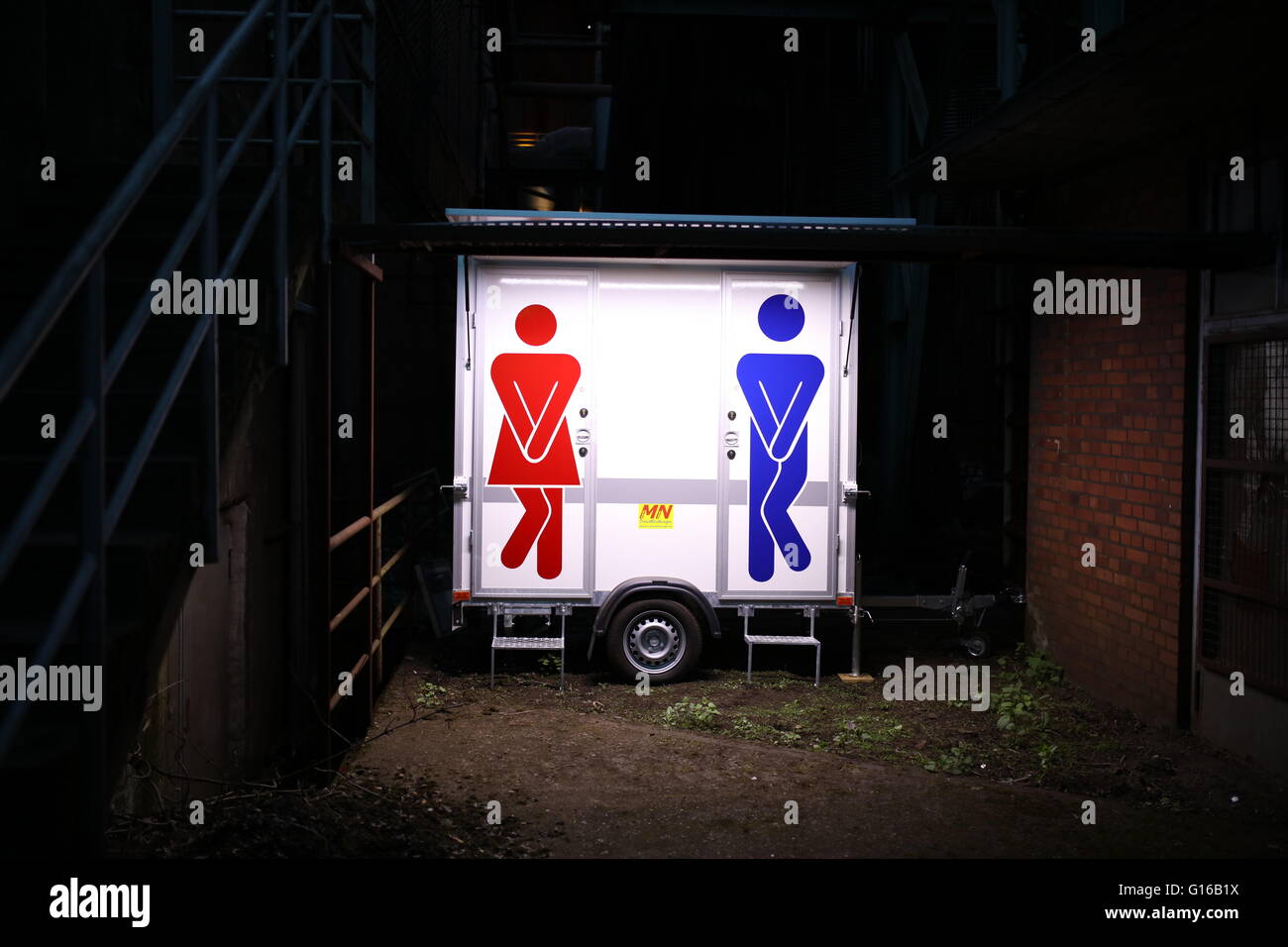Portable Restrooms Vs. Typical Toilets: Pros And Cons
Portable Restrooms Vs. Typical Toilets: Pros And Cons
Blog Article
Posted By-Wooten Lindgreen
When it involves the discussion in between mobile washrooms and traditional ones, there are important factors to take into consideration. Mobile devices provide adaptability and comfort, making them optimal for different events and places. However, traditional washrooms come with their own collection of advantages and constraints. As you evaluate the benefits and drawbacks of each choice, you'll find yourself contemplating which aspects hold more weight in your decision-making process. The essential hinge on recognizing exactly how these washroom options can affect your visitors or staff members in different situations.
## Benefits of Portable Restrooms
Mobile bathrooms provide ease and versatility, making them a perfect choice for numerous events and locations. Whether you're organizing an outdoor wedding celebration, a music celebration, or a construction website, these mobile facilities can easily satisfy your requirements. One of the major benefits is their wheelchair. You can position them wherever needed without the restrictions of pipes or repaired facilities. This adaptability makes certain that visitors or workers have easy access to washroom centers regardless of where they're situated.
Furthermore, portable bathrooms are an affordable remedy. Renting them is usually more economical than building permanent restroom facilities, particularly for short-term events or projects. Additionally, these portable systems are self-supporting, indicating they come furnished with all the required services like hand sanitizers, toilet paper, and handwashing stations, ensuring a sanitary washroom experience for individuals.
## Drawbacks of Conventional Washrooms
When thinking about typical bathrooms, one must recognize the constraints enforced by taken care of areas and pipes requirements. Unlike portable toilets, conventional facilities are constrained to particular areas, making them inaccessible in outside occasions or building and construction sites. This lack of flexibility can present considerable difficulties, specifically in situations where the bathroom requires to be relocated or transferred rapidly.
An additional negative aspect of conventional toilets is their reliance on complicated pipes systems. These systems call for appropriate installation, upkeep, and link to water and sewer lines. please click the next post of issues with the plumbing can bring about unpleasant smells, leakages, and even total closure of the washroom centers. Additionally, the fixed nature of standard restrooms means that repairs or upgrades can be pricey and time-consuming, disrupting normal restroom use.
Additionally, traditional toilets may do not have the features and functions located in modern-day mobile systems. These centers often use eases such as hand sanitizers, a/c, and wheelchair accessibility, which may be absent in older or poorly preserved traditional toilets.
## Comparison of Facilities
Think about the range of features readily available in both standard and portable bathrooms to make an educated option for your demands.
pop over here offer a higher level of comfort and benefit with functions like running water for handwashing, flushing toilets, and sizable designs. These washrooms typically include services such as mirrors, counter tops, hand dryers, and occasionally also air fresheners for a much more pleasant experience.
On the other hand, portable toilets are developed for wheelchair and efficiency, providing basic facilities in a small space. While mobile toilets might lack some of the deluxes of conventional centers, they're furnished with essentials like hand sanitizers, bathroom tissue, and air flow systems. In addition, some upscale portable toilet choices offer additional amenities such as handwashing terminals, illumination, and climate control for added comfort.
When choosing between typical and portable restrooms, consider your priorities relating to features to make sure a comfy and sensible washroom experience.
## Final thought
Finally, portable washrooms use a practical and cost-efficient option for occasions and locations where conventional bathrooms might not be useful. Their flexibility and versatility make them a premium choice in many scenarios, offering required services for a hygienic experience.
On the other hand, traditional toilets are limited by fixed locations and pipes requirements, making them much less reliable and extra expensive to maintain.
In general, portable restrooms have the upper hand in terms of benefit and practicality.